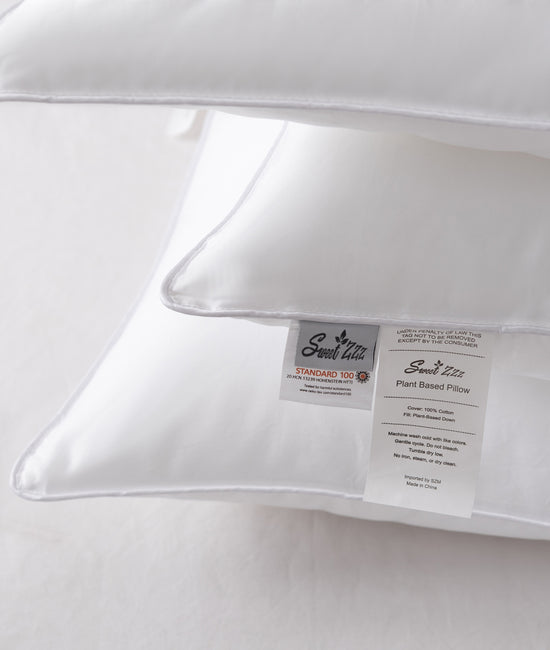Is Your Sleeping Position Causing Your Lower Back Pain?
It starts the moment you roll out of bed.
That dull ache in your lower back. The stiffness that makes you stretch, twist, or reach for the painkillers.
You blame the long workday. The way you sit at your desk. Maybe even the workout you skipped.
But what if the real culprit isn’t your job or your posture—
it’s the way you sleep?
How Position Impacts the Spine

Your spine isn’t just a straight column of bones. It curves naturally, and those curves need support. When you sleep in a position that throws your spine out of alignment, the muscles tighten to compensate, and the pressure builds in your lower back.
Over one night, you might not notice.
Over weeks, months, or years? The pain can become a constant companion.
The Best (and Worst) Positions for Back Pain
-
Back Sleeping: Generally the best for spinal alignment—if your mattress supports the natural curve of your lower back. Without that, it can still strain.

-
Side Sleeping: Works well if your knees are slightly bent and a supportive pillow keeps your head level. But without proper hip and shoulder cushioning, pressure builds.

-
Stomach Sleeping: The toughest on your spine. It forces your neck to twist and flattens the natural curve of your back, often leading to pain.

Small adjustments—like a pillow under your knees for back sleepers or between your knees for side sleepers—can make a world of difference.
When It’s the Bed, Not You
Sometimes it’s not the position—it’s the surface you’re sleeping on. A mattress that sags, traps heat, or lacks proper support magnifies back pain no matter how you lie down.
That’s why upgrading your sleep setup can be as important as changing positions:
🌿 Honey Hybrid Organic Mattress: Engineered for adaptive support with organic latex and coils that contour where you need cushioning while staying firm where you need lift.
🌿 Plant-Based Pillow: Keeps your neck aligned, reducing strain on the spine.
🌿 Bamboo Sheets: Cool and breathable, preventing the night sweats that make you toss and turn into awkward positions.
Final Thoughts
Back pain isn’t always caused by what you do during the day—it can come from the hours you spend in bed at night.
Pay attention to the position you favor, but also the surface beneath you. Because the right posture plus the right support can mean the difference between waking stiff… and waking strong.
Tonight, as you lay down, ask yourself: is my position healing my back—or hurting it?








